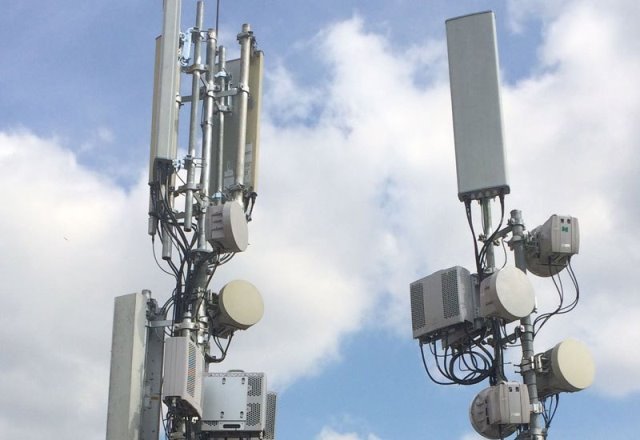Today’s telecom news includes announcements on Ericsson, Nokia, Huawei, Vodacom, Starlink, among others.

Ericsson Launches Global Patent Offensive Against Chinese Phonemaker
Ericsson has filed patent suits against a Chinese smartphone maker in Brazil, India, Nigeria and through the Unified Patent Court (UPC), claiming the company refused to license its standard-essential patents. The move highlights Ericsson’s push to protect its IP and secure licensing revenue across major emerging markets, while creating potential risks for the phonemaker, including injunctions and sales disruptions in key regions.
Powering Indonesia’s Digital Leap: Nokia & Surge Bring Affordable 5G Internet Nationwide
Nokia has partnered with Indonesian infrastructure provider Surge in a multi-year deal to deploy nationwide 5G Fixed Wireless Access using the n50 spectrum and Nokia’s AirScale and ReefShark-powered RAN, CPE and back-haul solutions. The collaboration aims to expand high-speed, low-latency broadband to underserved regions such as Java, Papua and Maluku, supporting Indonesia’s “Affordable Broadband” initiative. Focused on innovation and customer needs, the initiative prioritizes affordable, reliable connectivity for households in areas where fibre deployment is challenging, strengthening digital access and inclusion across the country.
Germany Draws a Bold Line: Huawei Out as Nation Builds a Secure 6G Future
Germany will exclude Chinese vendors like Huawei from its future 6G networks to strengthen security and reduce foreign dependency. The government also plans to phase out existing Chinese-made 5G components and may offer subsidies to help operators such as Deutsche Telekom manage the transition. Chancellor Friedrich Merz emphasized that although complete economic separation from China is unrealistic, Germany must still reinforce its digital sovereignty and ensure safer, more resilient telecom infrastructure.
Vodacom–Starlink Alliance Ignites a New Era of High-Speed African Connectivity
Vodacom is integrating Starlink’s low-latency LEO satellite technology to deliver high-speed business internet across Africa, strengthening its network with enhanced coverage in remote and underserved regions. This move expands Vodacom’s innovation roadmap by combining satellite backhaul with its 4G, 5G, fibre and microwave infrastructure, improving reliability and reducing downtime for enterprises. The partnership supports advanced services such as always-on backup connectivity, mission-critical operations and scalable solutions for sectors including mining, agriculture, retail and logistics. By reselling Starlink equipment and services, Vodacom can offer more tailored, customer-focused packages that meet local market needs.
Shafana Fazal
